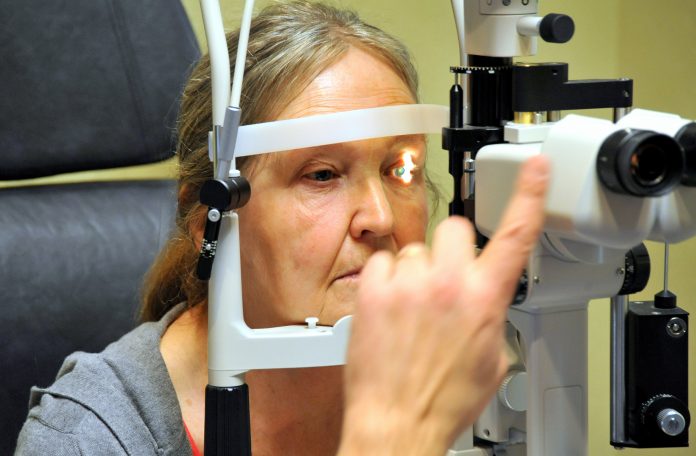April is Women’s Eye Health and Safety Month, a good reminder to make an appointment with your optometrist or ophthalmologist. Eye health isn’t just for women, however, all seniors need to take special care with their eyes and schedule regular checkups.
Women are more likely than men to have eye problems because of hormonal fluctuations and just because they generally live longer.
Other reasons for eye related illnesses include:
- Autoimmune diseases such as lupus, multiple sclerosis and rheumatoid arthritis, all of which can cause various eye problems. Diabetes is also a main contributor to vision problems.
- Both pregnancy and menopause can cause changes in the body which produce eye inflammation, dry eyes and light sensitivity.
- Birth control and HRT may increase your chances of developing cataracts.
- Breast cancer. The drugs for treatment or prevention of breast cancer increase your risk of cataracts and eye bleeds.
Glaucoma, cataracts and age related macular degeneration can be quite common, especially in older women.
How can you lower your risk of having future problems with your vision?
- Diet is a main factor in eye health, especially in the case of macular degeneration. Stick to a healthy diet that includes lots of vitamin C and vitamin E. Drink more water. Carotene, lutein and omega-3 fatty acids are necessary for healthy eyes. Talk to your optometrist about ways you can add more of these to your diet. There are supplements available if you feel your diet is lacking in any of these vitamins.
- Cut back on your salt intake and drink less coffee.
- Try to quit smoking. The more you smoke, the more you increase your risk of eye disease.
- Avoid processed foods and soft drinks.
- Wear sunglasses. The UV rays damage your eyes.
Most importantly, see your optometrist regularly. They can track any changes in the health of your eyes and treat any problems immediately. Vision impairment can greatly affect your lifestyle as a senior. Live well and take responsibility for your own health.
























